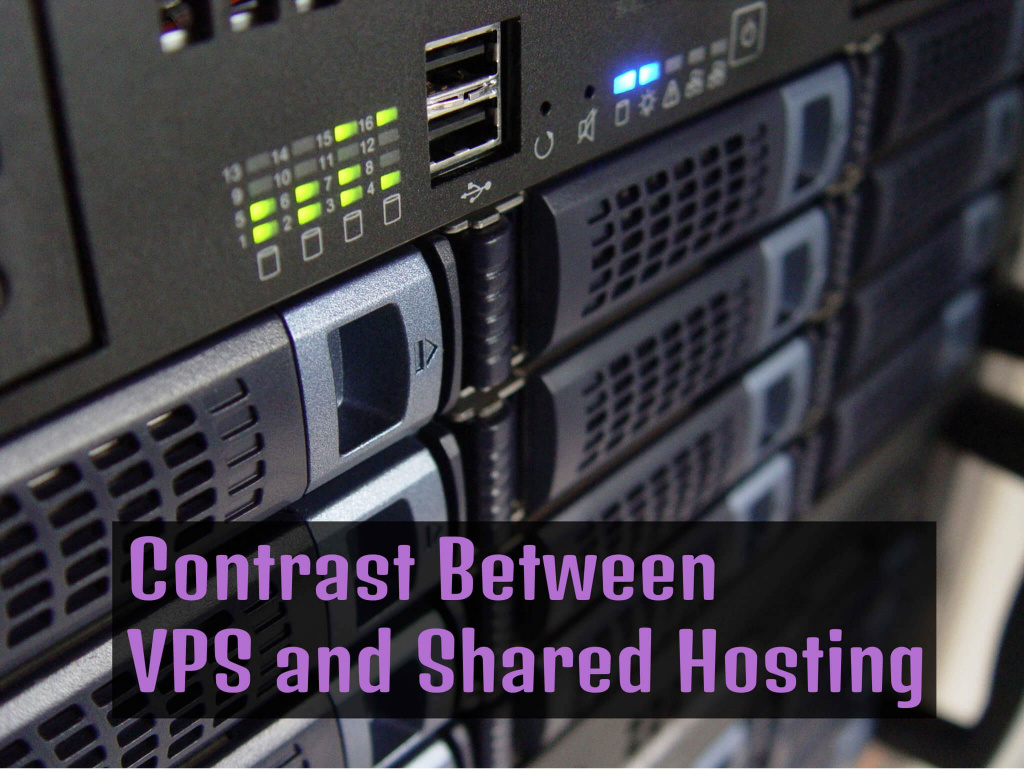When we discuss about web hosting, we already know that it is most popular service and almost every websites use it. In the previous entry, we show you the difference between shared hosting and dedicated hosting. So this time, we will discuss the contrast of VPS and shared hosting.
1. Performance
A VPS hosting plan make the users don’t have to queue up with other sites’ visitors to access the website. Which make it faster compare to shared hosting.
VPS hosting provides more computing resources and processing power and boosting the velocity of most locations. It also making customers more likely to convert. If your site is relatively small, it is probable that a shared hosting scheme will do well. However, if your site is dependent on development in company and income, you are likely to notice the difference.
2. Reliability and Stability
Any issues in shared and VPS hosting plans may occur with servers. Much of this relies on the hardware and software quality of the server. Also on the knowledge, support and management procedures of a provider. Usually, you can expect less problems with a VPS plan because there are fewer customers on each server. Each partition can be configured and personalized to the most efficient settings for the requirements of a particular website or application, and the extra attention means that each VPS is usually safer and more stable.
There are many websites in a shared hosting environment that might overload the server. A VPS resides in an independent hosting environment.So, there is no concern that other accounts may impact your site access.
3. Security
Typically, there is more danger of safety breaches in a shared hosting environment. This is because there are more sites and more websites are equal to more possibilities for attackers. In addition, shared hosting clients are generally have less experience with precautions for web hosting. Which means that your hosting neighbors may cause server vulnerabilities.
If a client who shares the server forgets to update WordPress or it is damage, it can effect on the same device on other locations. However, the real safety dangers may differ wildly based on how much the hosting business has invested in their server safety.
Selecting VPS hosting can benefit websites that cope with a lot of user data or payment information. This option provides solid safety characteristics that are generally managed by expertise. So, when it comes to securing sensitive information, you have less to worry about it.
4. Price
Generally speaking, you can expect to pay more for VPS hosting than shared hosting merely because shared hosting costs are divided among the shared server’s many users. VPS hosting provides more resources and tends to be more reliable, which means that it often costs more.
Now, you can difference between what you’ve prepare to pay for and what characteristics you need to have.
5. Managed Services
So far, we’ve talked about what constitutes shared servers and virtual private servers, but we’ve yet to talk about who manages them. Most of the time, shared servers are managed, which means that expert employees of the hosting provider will ensure the servers are updated and secured. Using a relatively loose definition of managed services, shared hosting technicians assist with tasks such as migrations, backups, monitoring, updates, and maintenance.
A VPS can be either managed or unmanaged, with the latter referring to a service where the company only assists with problems with its server or network the customer is responsible for installing and maintaining software installations and configurations.
In conclusion, we have told you the contrast of VPS and shared hosting? Which one is your choice? Well Casbay have many affordable plans and good services that will make you fall in love with us.




